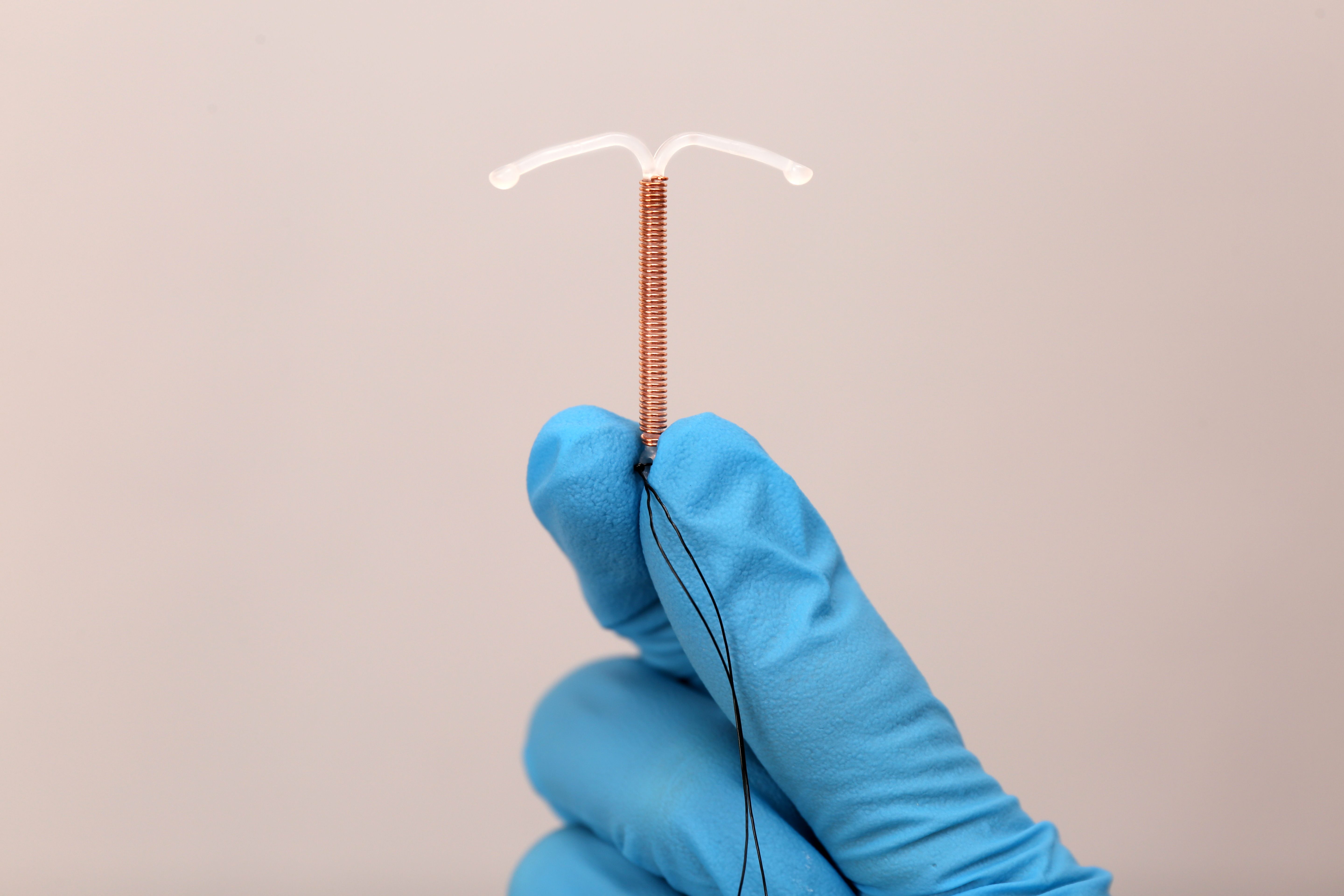
Contraception
Latest News
Latest Videos
CME Content
More News

Many barriers lead to low rates of use of LARCs.

At the 2023 ACOG Annual Clinical & Scientific Meeting, methods of providing contraception to adolescents in a post-Dobbs era were discussed.

At the 2023 ACOG Annual Clinic & Scientific Meeting, a look at the accuracy of women’s health issues when posted on Instagram.

In a recent study, patients taking curcumin to prevent bleeding patterns from contraceptive implants reported similar levels of satisfaction as those taking placebo.

Lauren Pace, MD, obstetrician-gynecologist at the University of Alabama at Birmingham, discusses how pain levels are perceived differently in patients receiving an abortion based on race.

In a recent study, investigators found a need for online education about long-acting reversible contraceptives (LARCs) to be modified based on culturally and linguistically diverse (CALD) backgrounds.

In a unanimous vote, norgestrel (Opill; HRA Pharma) has been backed by an FDA advisory panel as an over-the-counter birth control pill.

In a recent study, women trying to become pregnant were more likely to experience pregnancy after 12 months than women contemplating pregnancy and women not trying or contemplating pregnancy.

Most women and men did not even try to discuss or obtain contraception predeployment, a finding that the authors said warrants further investigation.

A recent study indicated that receiving donations from the American College of Obstetricians and Gynecologists’ national political action committee did not lead to shifts in legislators’ positions on abortion from 2012 to 2022.

In a recent study, the association between employment status and contraceptive use observed in a period before the Affordable Care Act (ACA) was not found in a post-ACA period.

In a recent study, individuals who had experienced challenges accessing contraceptive care, common among Black, Indigenous, and people of color, were more likely to use an over-the-counter oral contraceptive pill.

In part 3 of our series on abortion, Katrina Heyrana, MD, discusses whether mifepristone will remain available for use in the United States.

In a recent study, being forced to travel out of state for abortion care led to increased feelings of worry, stigma, and being cast out among patients.

On Friday, the Supreme Court voted to keep mifepristone (Mifeprex; Danco Laboratories) on the market, maintaining its availability for women seeking an abortion.

Kate White, MD, MPH, and Harold Bays, MD, discuss their hopes for the future of contraception options, affordability, and clinical trials evaluating their efficacy.

Drs Kate White and Harold Bays share their approach to initiating conversations with patients on contraception options and suggest which practitioners might be best suited to these conversations.

In a recent review, increased requests for telemedicine abortion and decreased in-person visits to abortion clinics were observed.

In a recent study, knowledge and consideration of self-managed abortion was common for patients before accessing in-clinic care.

The Supreme Court will make a decision on whether restrictions on mifepristone (Mifeprex; Danco Laboratories) should pass by Friday night.

In a recent study, the contraception failure rate for patients taking topiramate and oral contraceptives was similar to patients taking other maintenance therapies and oral contraceptives.

Kate White, MD, MPH, reviews the current contraceptive landscape and highlights the benefits of progestin-only contraception options, especially in women with higher BMIs or those concerned about missed pill windows.

An expert in cardiology reviews the current contraception selection guidelines in women with higher BMIs and comments on the cardiovascular risk associated with hormonal contraceptive methods.

In a recent study, the mean number of barriers to reproductive health care experienced by patients increased from 1.09 in 2017 to 1.29 in 2021.

A recent model indicates anovulation can be achieved through lower estrogen and progesterone levels in contraceptives than what are currently used.











